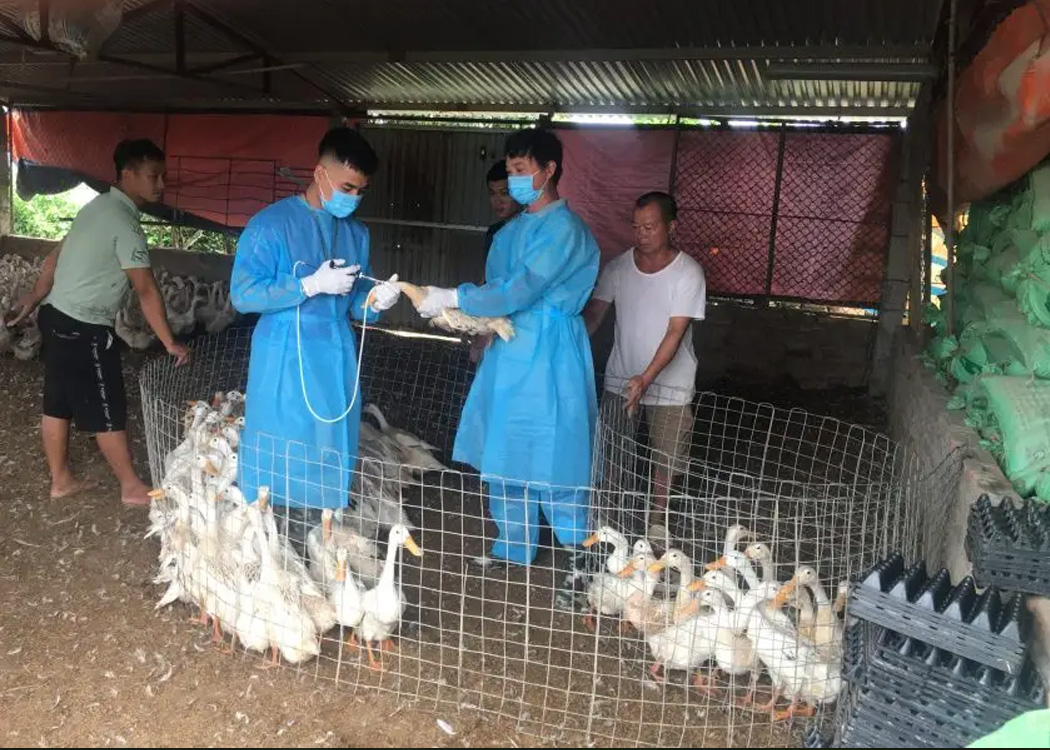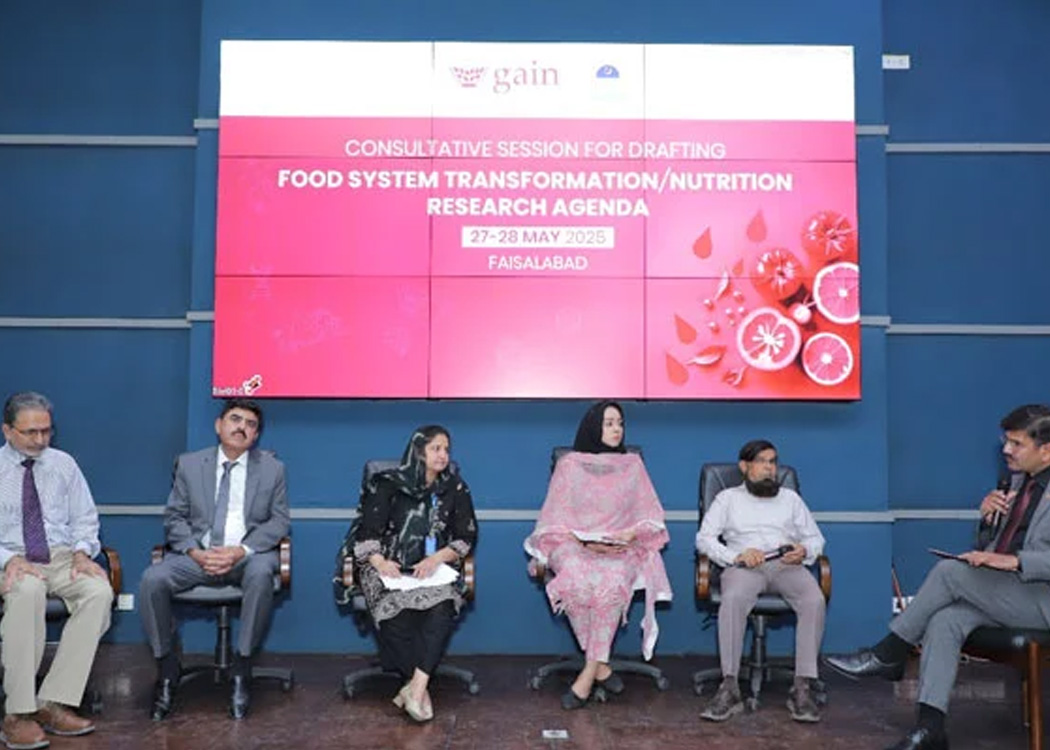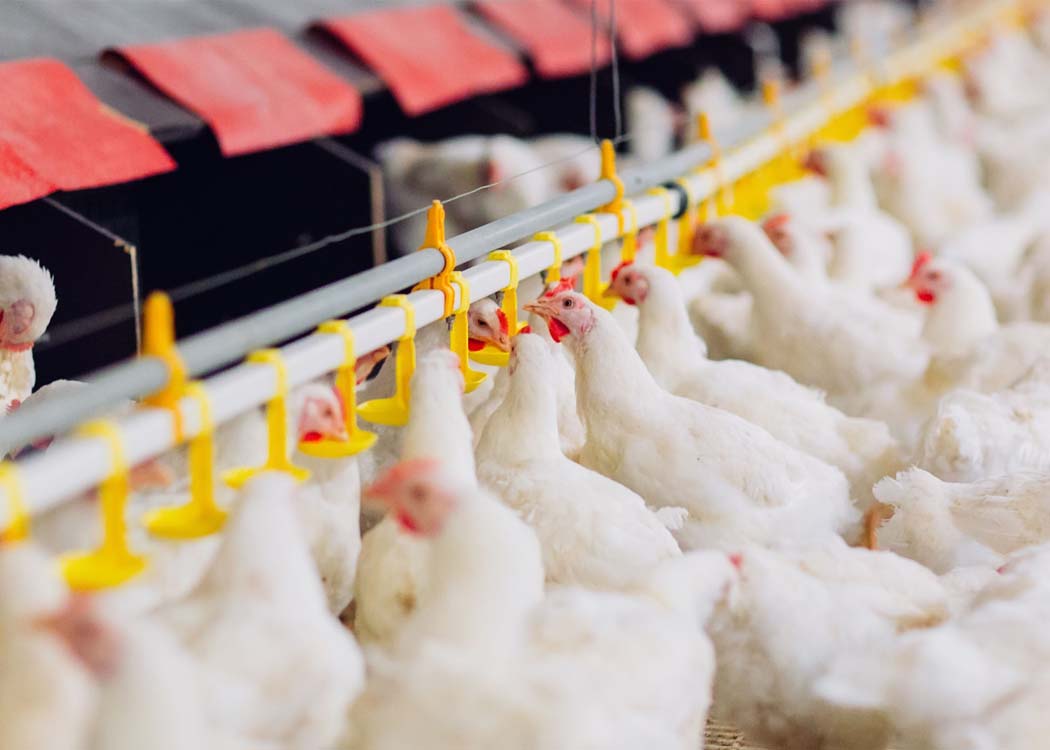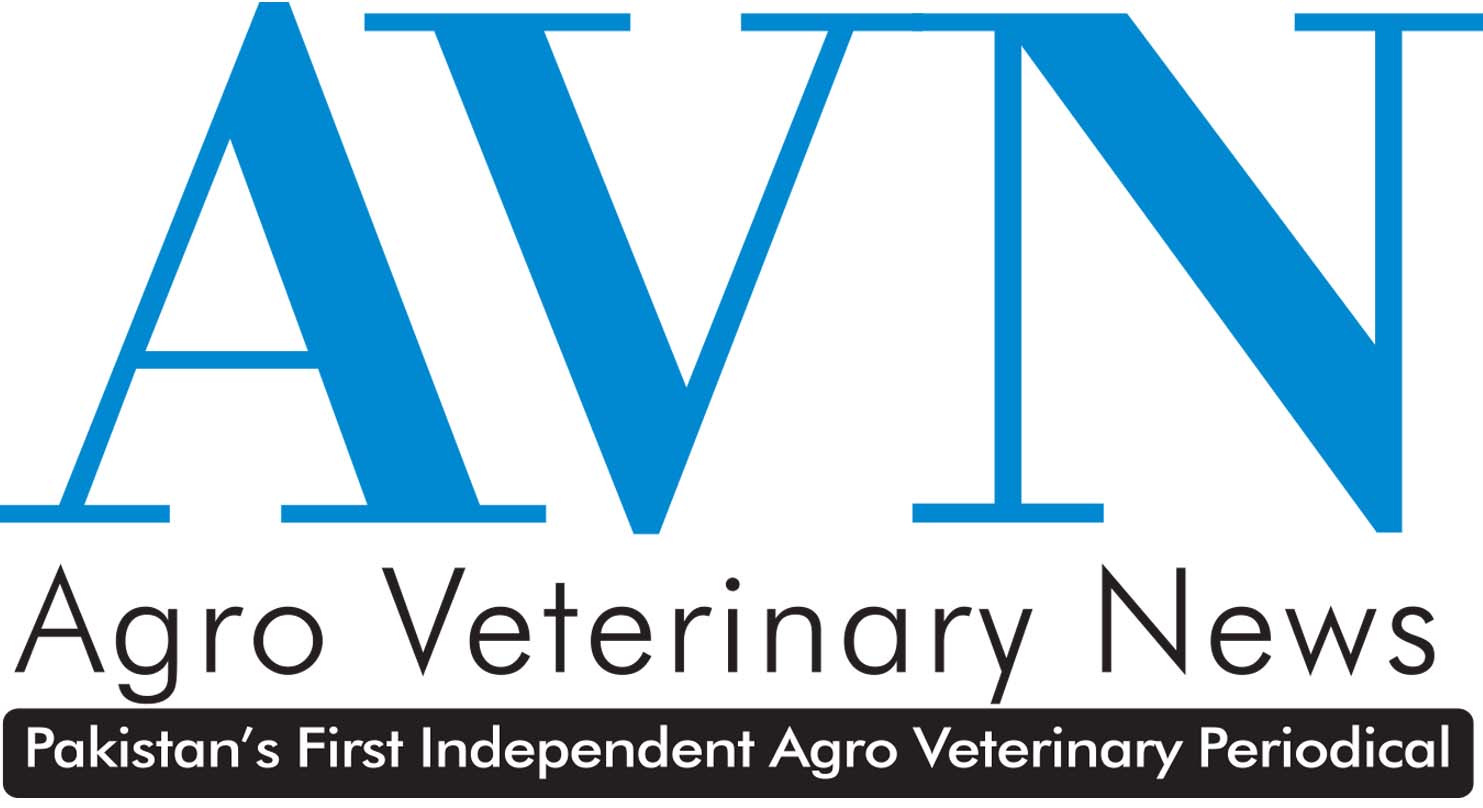HANOI: In a move to stimulate the agricultural sector and reduce the financial burden on farmers and businesses, Vietnam’s Ministry of Agriculture and Environment has officially proposed a 50% reduction in poultry quarantine fees, alongside several other key veterinary and environmental charges. The proposal is designed to support production, simplify business operations, and increase the adoption of online public services.
The most significant change includes slashing the animal quarantine fee for clinical inspections of poultry, as outlined under Circular No. 101/2020/TT-BTC. This is a critical step for poultry farmers and businesses, helping them cut operational costs amid fluctuating market conditions.
In addition, the fees for issuing certificates for:
- Animal quarantine
- Terrestrial and aquatic animal products
- Temporary import and re-export procedures
…are also proposed to be cut by 50%.
Furthermore, the veterinary practice certificate fee—a mandatory credential for individuals and organizations in the poultry industry—will be reduced by half, easing compliance costs and encouraging formalization within the sector.
Wider Fee Reductions Proposed Across Agriculture and Environment
The proposed changes are part of a broader initiative by the Ministry of Finance, which requested ministries to review and revise their fee structures for the second half of 2025. In response, the Ministry of Agriculture and Environment has recommended a 20–50% reduction in agriculture and environment-related fees to support general business and production activities.
Some of the proposed reductions include:
- Plant variety protection fees: A 20–30% reduction, depending on the duration of validity, under Circular No. 207/2016/TT-BTC.
- Appraisal fees for water resource exploitation reports and projects: A 20% decrease as per Circular No. 01/2022/TT-BTC.
Currently, the Ministry manages and collects fees for 38 types of services and five types of charges across the agriculture and environment sectors. These proposed reductions reflect Vietnam’s continued efforts to foster a more competitive, resilient, and sustainable agricultural economy.
Conclusion
The proposed 50% cut in poultry quarantine fees and other related veterinary and agricultural charges is expected to provide much-needed relief for Vietnam’s livestock and poultry producers. It also aligns with national goals of digitizing public services and promoting more efficient, transparent business environments in the agriculture and environmental sectors.






